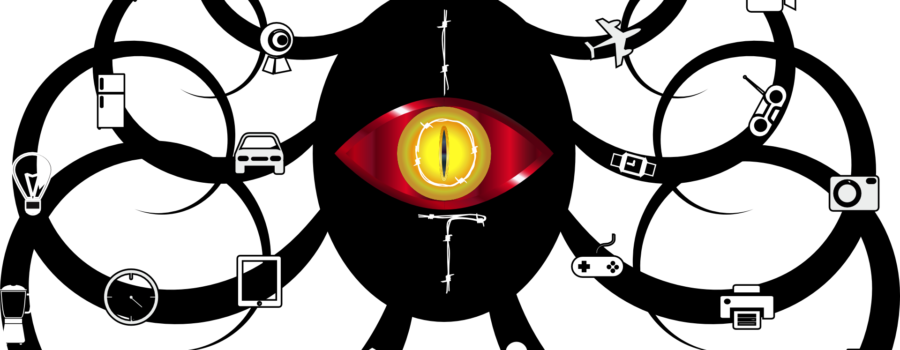When Roger McNamee began the press tour for his new book, Zucked: Waking Up to the Facebook Catastrophe, his message was largely about the perils of unfettered Silicon Valley capitalism. However, now that his media rounds have begun to coincide with those of Shoshana Zuboff, who has been talking about her new book, The Age of Surveillance Capitalism, Mr McNamee has been throwing a great deal of sunshine her way and the conversation between the two seems to have coalesced.
Two interviews have hit my ears in the past few days, and I highly recommend them both:
- Nilay Patel interviews Dr Zuboff on Vergecast, where she talks about the co-opting of behavioural data by the forces of capitalism. It’s a great conversation between the two, and Nilay’s technical background allows him to push Dr Zuboff on some more difficult questions related to the tradeoff between privacy and the value we get from services that can make good recommendations to us. From the perspective of political economy, the tendency for capitalism to take previously-public goods (like land, labour, and information in general, as noted by Sam Trosow) is well-known; however, Dr Zuboff’s book follows this trend to its newest phase — commodification of behaviour — and the implications are sobering.
- Sam Harris interviews Roger McNamee on the Making Sense podcast, where he speaks at length about the high-tech propensity to turn surveillance data into profit, and about how the lack of an adult conversation about the “correctness” of these practices is a threat to democracy in general.
I freely admit that both of these authors’ books are still on my “to get to” list (I just wanna get through my Master’s thesis first!), but I’m excited that both of their books (and ideas) are being broadly examined and interrogated.
Interestingly, Sam Harris wasn’t able to get McNamee to engage on the implications of all of this for free speech. I’m not surprised that McNamee seems to demur, in the interview, but I do think the conversation is warranted and that Harris’ view is over-simple. It’s a conversation that I’d like to get into as well (but… after the thesis is done….)
Take some time for both of these podcasts!
The featured image on this post is by Gordon Johnson from Pixabay




